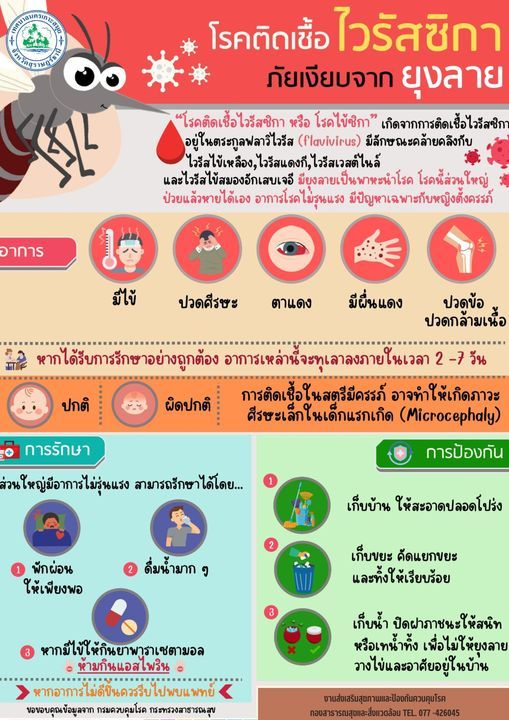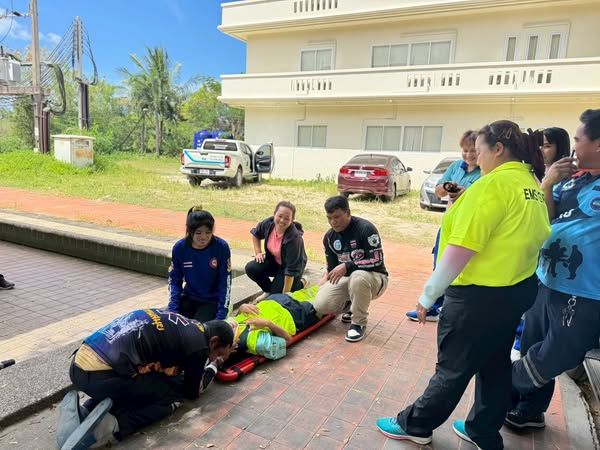Zika virus is a medical concern that has come to the forefront in recent years, yet many remain unaware of its implications. This mosquito-borne illness is primarily transmitted by Aedes species mosquitoes, which bite during the daytime.
Risk to Pregnant Women and Newborns
One of the most significant risks associated with the Zika virus is to pregnant women and their unborn children. There is a well-documented link between Zika virus infection during pregnancy and the development of microcephaly—a condition where a baby is born with a smaller head than expected, which can lead to developmental issues.
Symptoms and Diagnosis
Zika virus often presents mild symptoms, which can include fever, rash, conjunctivitis, muscle and joint pain, malaise, or headache. These symptoms typically last for 2-7 days. However, many people infected with Zika virus won’t have symptoms or will only have mild symptoms that are not recognized as Zika.
To diagnose Zika, a blood or urine test can be conducted. As symptoms are not unique to the Zika virus, laboratory tests are crucial for confirmation.
Prevention Strategies
With no vaccine available, the best form of prevention is to protect against mosquito bites and reduce mosquito populations.
Clean Up Your House
Regular cleaning can reduce the number of hiding spots for mosquitoes. Use of window and door screens, air conditioning, and insect repellents are all recommended.
Dispose of Trash Properly
Proper disposal and management of waste is vital. Mosquitoes can breed in small amounts of water collected in trash, such as bottles and cans.
Eliminate Standing Water
Mosquitoes lay eggs near water. Eliminating standing water in containers like flowerpots, buckets, and barrels can greatly reduce the risk of mosquito breeding on your property.
Efforts from Local Authorities
Koh Samui City Municipality is actively involved in disseminating information and taking measures to control the mosquito population responsible for spreading the Zika virus. Their efforts, alongside the Public Health and Environment Agency, are instrumental in managing public health concerns.
Travel Advisory
For those traveling to areas with known Zika virus outbreaks, it’s advised to follow strict mosquito bite prevention measures. Pregnant women are especially advised to consider the risks and possibly postpone travel to affected regions.
Monitoring and Research
Continued research into the Zika virus and its effects is crucial. Health organizations across the globe are monitoring the situation closely, striving to develop vaccines and more effective ways to combat the spread of the virus.
By staying informed and taking preventive measures, individuals can play a significant role in reducing the risk of Zika virus infection. Community efforts and support from local municipalities enhance the effectiveness of these measures, aiming to protect vulnerable populations such as pregnant women and unborn children from the potentially severe consequences of this virus.




